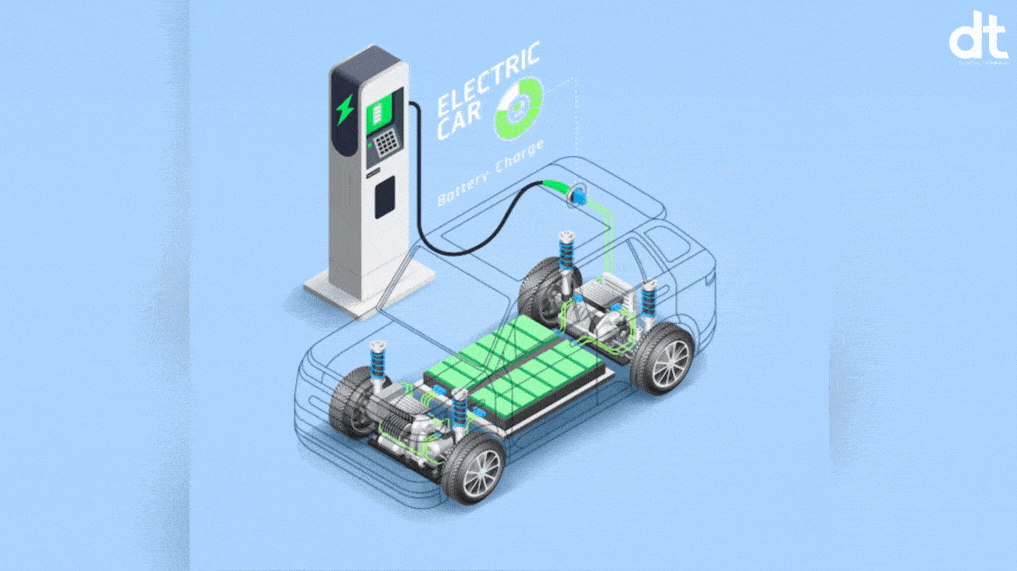
FM Sitharaman Cuts Import Duties to Zero on EV Battery Parts
In a significant move to boost the growth of the electric vehicle (EV) industry in India, Finance Minister Nirmala Sitharaman has waived off import duties on EV battery components, reducing them to zero. This announcement was made on March 25, 2025, ahead of the Finance Bill 2025’s passage in parliament, with the aim of fostering local production and increasing global competitiveness.
The Indian government’s decision to slash import duties on EV battery parts is expected to have a significant impact on the domestic manufacturing sector. The country has been aggressively promoting the adoption of EVs as a means to reduce its carbon footprint and meet its environmental commitments. In recent years, the government has introduced various incentives and schemes to encourage the growth of the EV industry, including subsidies for manufacturing and purchasing EVs.
However, the import duties on EV battery components have been a major roadblock for domestic manufacturers. The high import duties had made it difficult for Indian companies to compete with foreign manufacturers, who enjoyed lower costs due to relaxed regulations in their home markets. The government’s decision to waive off import duties on EV battery components is expected to level the playing field and make it easier for Indian companies to participate in the global market.
The move is also expected to create new job opportunities and stimulate economic growth. The EV industry is a high-growth sector that requires skilled labor and modern manufacturing facilities. As the industry grows, it is likely to create new employment opportunities in manufacturing, assembly, and testing.
The Indian government’s decision to waive off import duties on EV battery components is also expected to attract foreign investment in the sector. The country has been aggressively promoting itself as a hub for EV manufacturing, with various states offering incentives and subsidies to attract foreign investors. The government’s decision to reduce import duties on EV battery components is expected to make India an even more attractive destination for foreign investors.
The Indian government’s efforts to promote the EV industry are part of its broader strategy to reduce the country’s dependence on fossil fuels and meet its environmental commitments. The government has set a target of reducing the country’s carbon footprint by 45% by 2030, and the EV industry is expected to play a key role in achieving this target.
The Indian government’s decision to waive off import duties on EV battery components is also expected to have a positive impact on the environment. The EV industry is a low-carbon industry that requires minimal maintenance and produces no emissions. As the industry grows, it is likely to reduce the country’s dependence on fossil fuels and minimize its environmental impact.
In conclusion, the Indian government’s decision to waive off import duties on EV battery components is a significant move that is expected to boost the growth of the EV industry in the country. The move is expected to create new job opportunities, stimulate economic growth, and attract foreign investment in the sector. The Indian government’s efforts to promote the EV industry are part of its broader strategy to reduce the country’s dependence on fossil fuels and meet its environmental commitments.






